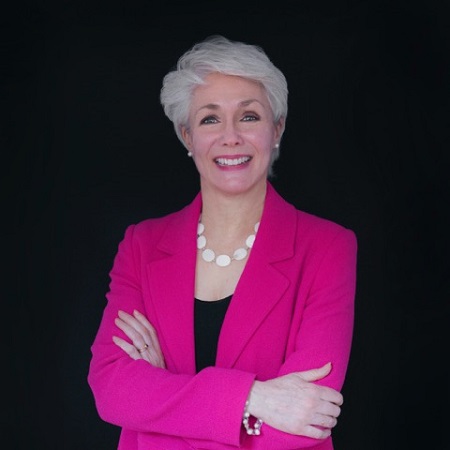Jane Gunn FCIArb
As a former lawyer Jane’s mission is to help busy executives to collaborate effectively and experience the Magic of Conflict as they manage change, challenge and crisis in their organisations. She is a mediator, speaker and author of a popular book – “How To Beat Bedlam In The Boardroom And Boredom In The Bedroom”.
Why have you decided to specialise in ADR? What attracted you to this area of law?
Back in 1996 I answered a “Call for Women Mediators” it was letter written by a fellow lawyer/mediator asking more women to come forward to train as commercial mediators. At the time I was very frustrated by the Adversarial Approach to problem solving both in law and in business, so it seemed like a natural step. As a lawyer, mediation seems such an obvious way to help people resolve issues because it gives control and responsibility back to the people at the heart of the problem, helps them to better understand both themselves and others involved, and enables them to make their own decisions and to craft their own solutions based on what they would like for the future.
What do you consider to be the biggest challenge in your career as a female practitioner in arbitration/ mediation?
The biggest challenge for me has been transforming and reinventing myself every few years. When I first returned to work after having my second child I had the choice to go back to work as a solicitor - the safe option. Alternatively, I could branch out on my own as a mediator and consultant and “jump off the cliff” into the unknown, and that's what I chose to do. Since then I have gone on to become an international speaker and author; and am now working with organizations as an adviser and board member, including my current position as Chair of the Board of Management at the Chartered Institute of Arbitrators. Overcoming the challenge each time has required a degree of self-belief, perseverance and determination. I have needed to learn new skills but also valued the support, and this is the most important thing, of my family, friends and colleagues who have encouraged me to take on these new challenges and to keep growing.
If you had a time machine, what piece of advice would you give to yourself at the beginning of your career in ADR?
Persevere. Don't give up on your dreams. If there is something that you believe passionately in then stick with it and make it happen. Be the best you can possibly be at everything you do and help others to be the very best that they can be too. Don't worry about failing, when challenges happen, get back up and move forward again with renewed strength and determination.
What is it like to work in a predominantly male profession such as ADR?
I have always worked in a predominantly male business environment. What is always great is to see where we can learn from one another in terms of different approaches etc. Women have their own skills, characteristics and traits. Feminine energy is very powerful in the boardroom and beyond and a great balance to the male energy that dominates in most organizations.
How has a membership with the Chartered Institute of Arbitrators benefitted your career?
Collaboration is the key to success. Building strong and trusting relationships with colleagues through the Chartered Institute has been vital to me and I’ve been delighted to be able to give back too in my role as Chair of the Board of Management. A quote I love is “Put your hand up not out” In other words, join in, volunteer and be part of a movement that gets things done.
Tell us a short war story from your ADR experience.
Pinned to the wall above my desk, I have this ‘thank you’ note from a client that highlights that sometimes as mediators we are able to facilitate closure. In other words, you can settle a case but it may still remain unresolved for one or more of the parties.
“I am pleased and relieved to have been able to bring the issues to a close and appreciate the keen attention you have given to this matter and the insightful comments you have made which have helped me to reach psychological closure. Regardless of any wrongdoing, the issues of human motivation, behaviour and attitude are highly complex, as is the question of forgiveness and it is quite easy to lose sight of this in the heat of strong emotion”.
